Healing Wounds
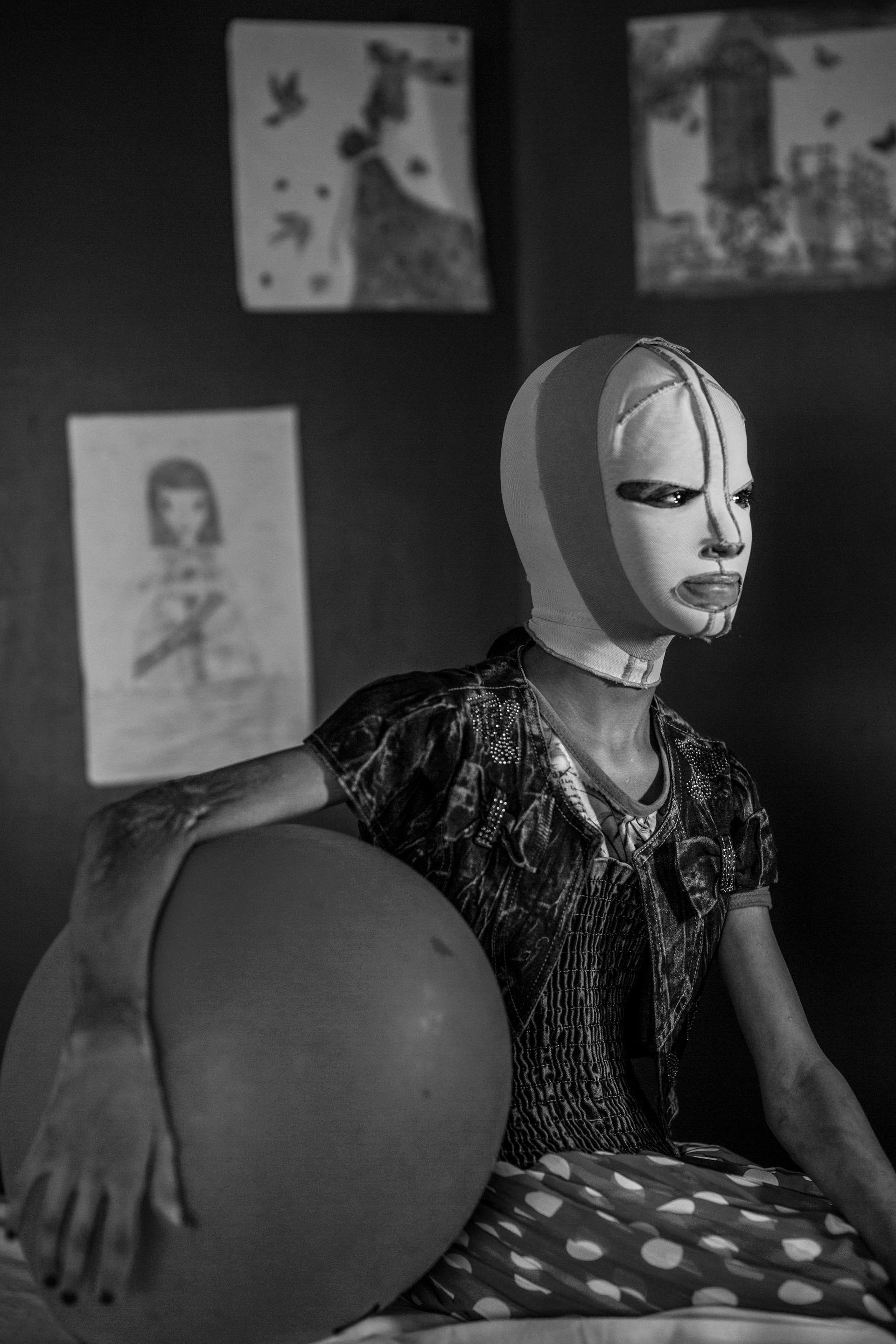
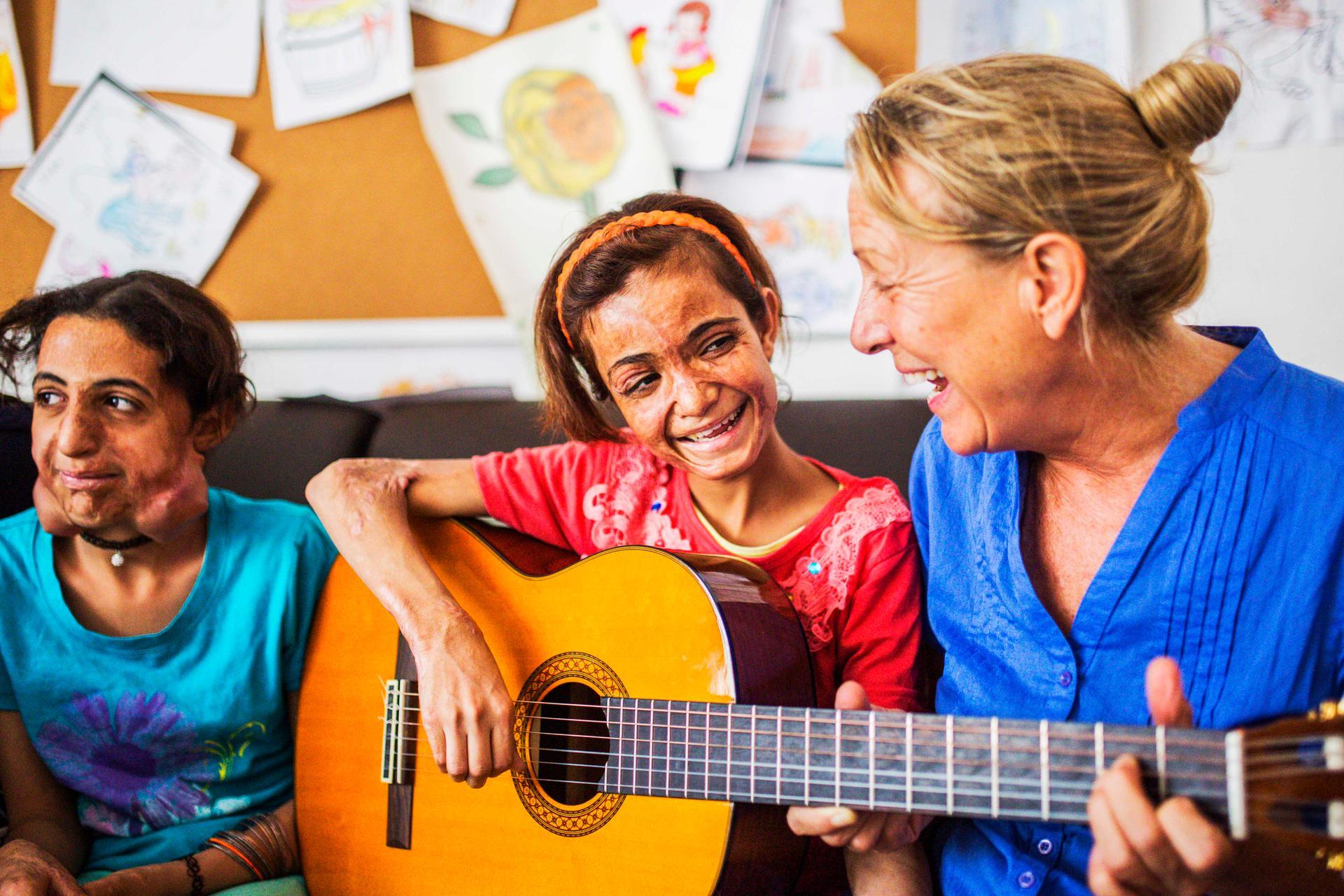
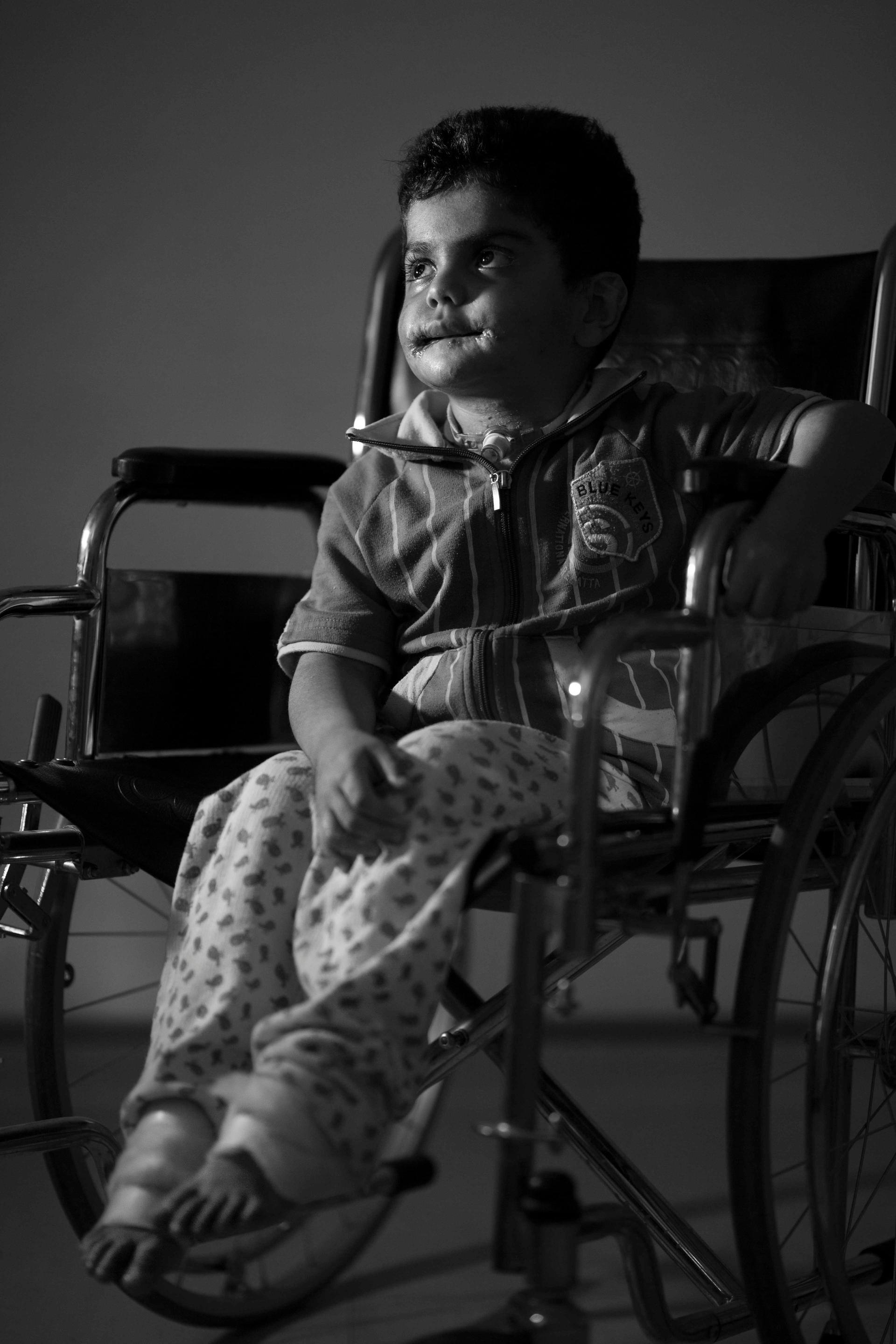
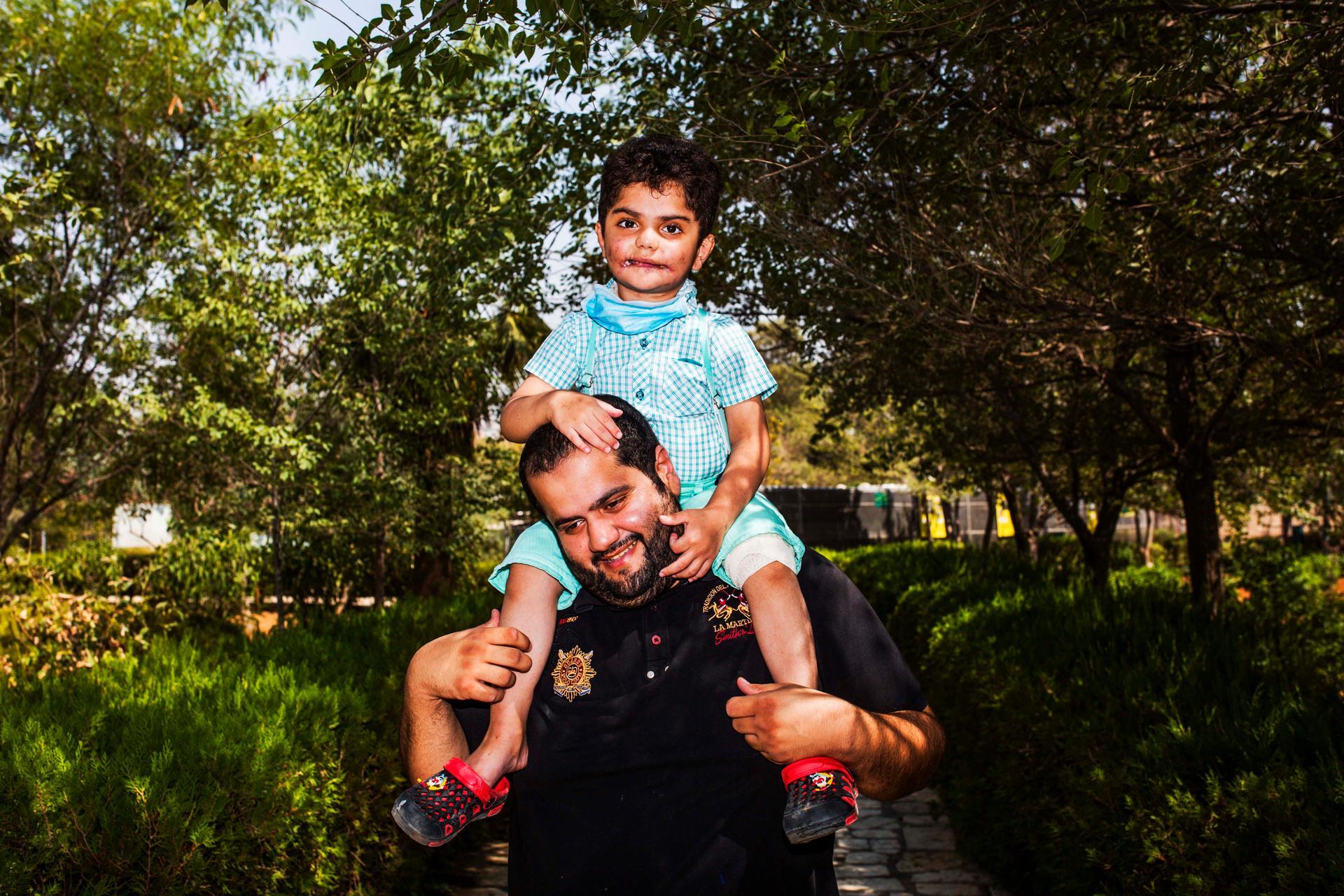
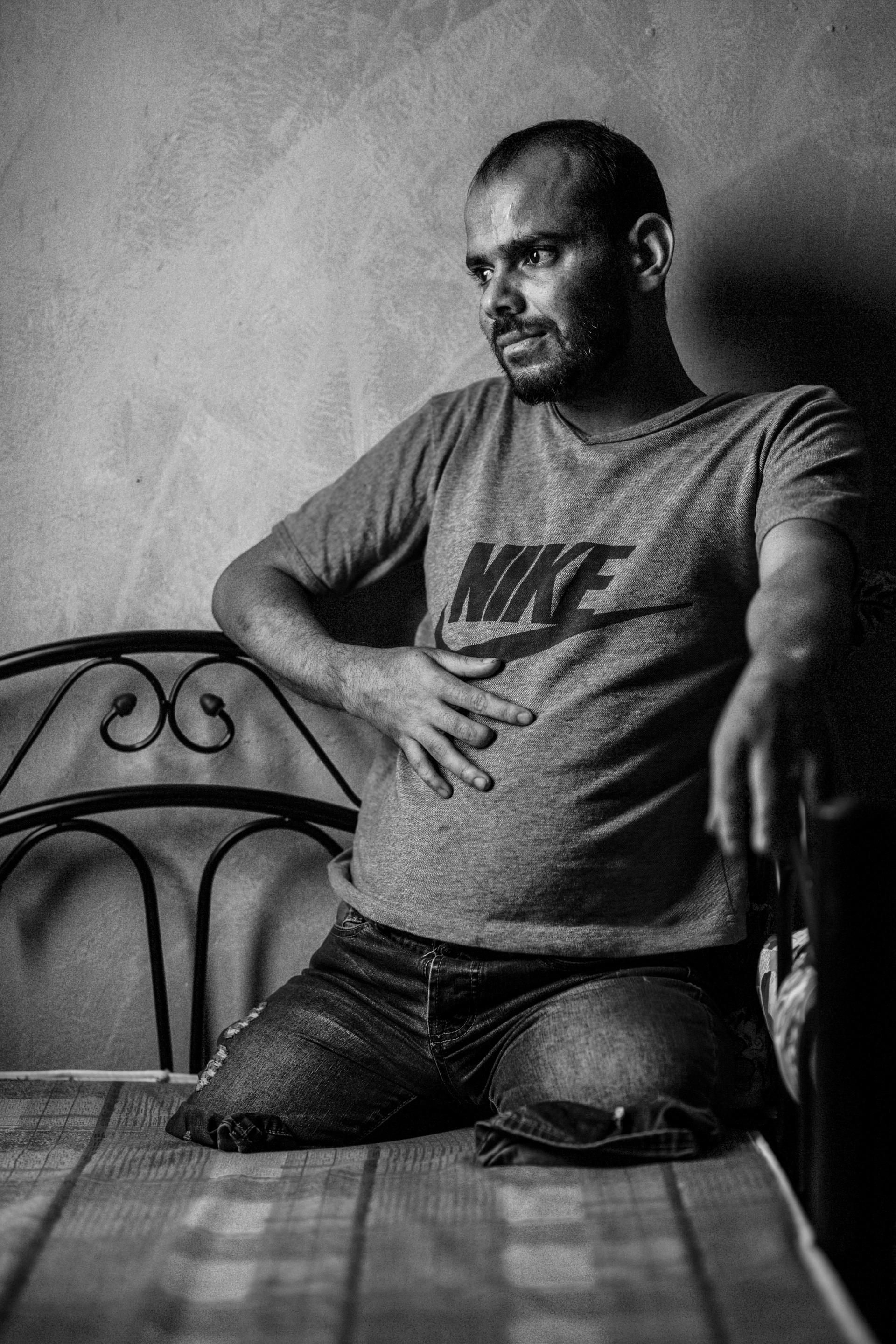
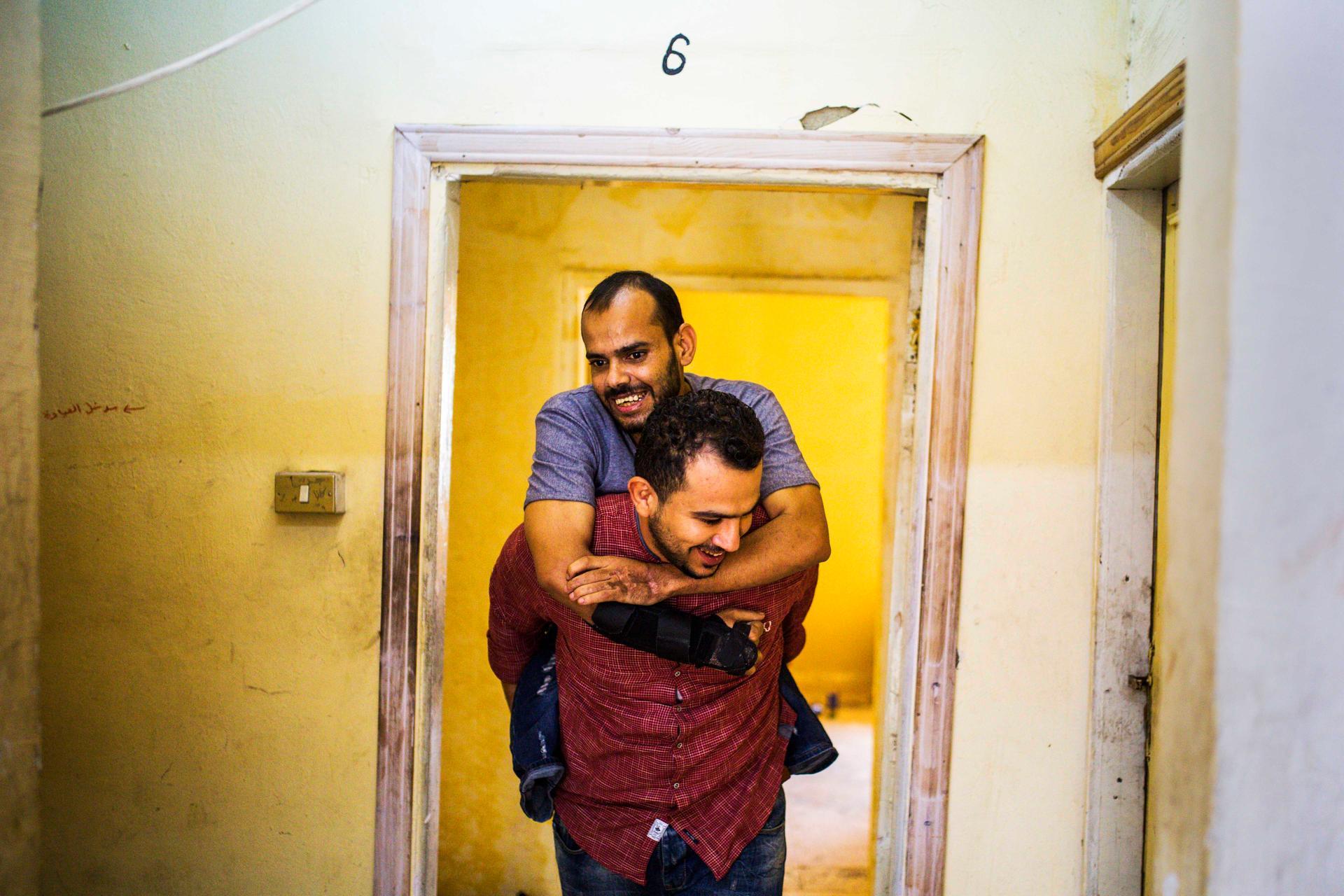
When Aisha was only six months old, an overturned candle set fire to her bed at her home in Ibb. She suffered catastrophic burns down the left side of her face and her hand was so badly damaged it had to be amputated. She had four operations in Yemen and several rounds of plastic surgery at a Medecins Sans Frontieres hospital in Amman, Jordan to reduce the scars and muscle contractures.
Now Aisha, eight, is a happy child who has to have surgery every three to six months, but thanks to occupational therapy she can draw, cut with scissors and fasten buttons. Her story may not be typical of a victim of war, but because of the devastation caused to her country by conflict, her family – like so many others – live in extreme poverty, which makes Aisha as much a victim as those injured or killed in the fighting.
Aisha is one of 12 case studies highlighted in a photography exhibition, Healing Wounds, being hosted by MSF, in collaboration with Alliance Francaise Dubai and the French Business Council.
The show reveals the stories of patients at the MSF Reconstructive Surgery Hospital in Amman, which opened in 2006 in response to the high numbers of severely injured people MSF treated during the Second Gulf War. In the 13 years since it opened, the hospital has grown and now treats patients from all across the region, including from Syria, Palestine and Yemen.
“‘It is about humanising these victims’”
In 2016, Alessio Mamo and Marta Bellingreri, an Italian photographer and journalist duo, visited the hospital and proposed a long-term project to cover the stories unfolding inside. Their images and emotive captions were presented in a 10th anniversary exhibition for the hospital and have since toured several locations in Italy, before the show arrived in Dubai.
Each story is presented with two images: a black-and-white portrait of the victim and a more candid shot of them going about their daily lives.
“It is about humanising these victims,” explains Mamo. “We often have statistics but we want to remind our audiences of the names, faces and families behind these numbers. For us, it was also so important with this exhibition to show the work of the hospital, because the doctors are also the main protagonists of this story.”
The exhibition provides an overview of the extent of conflict across the region, too. “We see the story of the Middle East over the past decade, but through the experiences of these 12 people,” says Bellingreri. “We selected a balance between gender, age and nationality. We also wanted a spread between direct war wounds and domestic injuries, which are secondary and are generally not considered as being a fallout from conflict.”
Also on show is an image captured by Mamo that won second prize in the People Singles category at the World Press Photo awards in 2018. It depicts Manal, 11, a girl who suffered severe facial burns in a missile explosion in the northern Iraqi city of Kirkuk in 2015, and who has to wear a mask for several hours a day to protect her face, following the extensive plastic surgery she has had.
“We tried to get closer to the intimate stories of the people so that we can understand war and start discussions about conflict, as well as living in peace”
Alongside this photo, is an image of Manal smiling broadly while playing a guitar. Even though she is not looking at the camera, she seems the picture of strength and poise. Her energy is captivating. “We tried to get closer to the intimate stories of the people so that we can understand war and start discussions about conflict, as well as living in peace,” says Bellingreri.
The journalist insists it was an important step to bring the show to Dubai. “It is a place where people from the Middle East live, so there is a concentration of understanding here,” she says.
While it is certainly moving, the exhibition also crucially sheds light on the tireless work of the MSF doctors, as well as the suffering caused by conflict.
“We try to help people in their recovery and to regain autonomy, and this exhibition truly highlights that hope for recovery and a positive future,” says Alexandre Crubezy, Jordan’s representative for MSF.
Dr Rasheed Al Sammarraie, the head of reconstructive surgery at the Amman hospital, also visited Dubai for the opening of the exhibition. He says that despite the work of the medical staff in Jordan, surgery is not the only way to address war wounds.
“The best solution is to stop the war so that we do not have to reconstruct the injury in the first place.”
Healing Wounds. April 28 - May 4, 2019. La Galerie, Alliance Francaise Dubai. For more information www.msf-me.org
